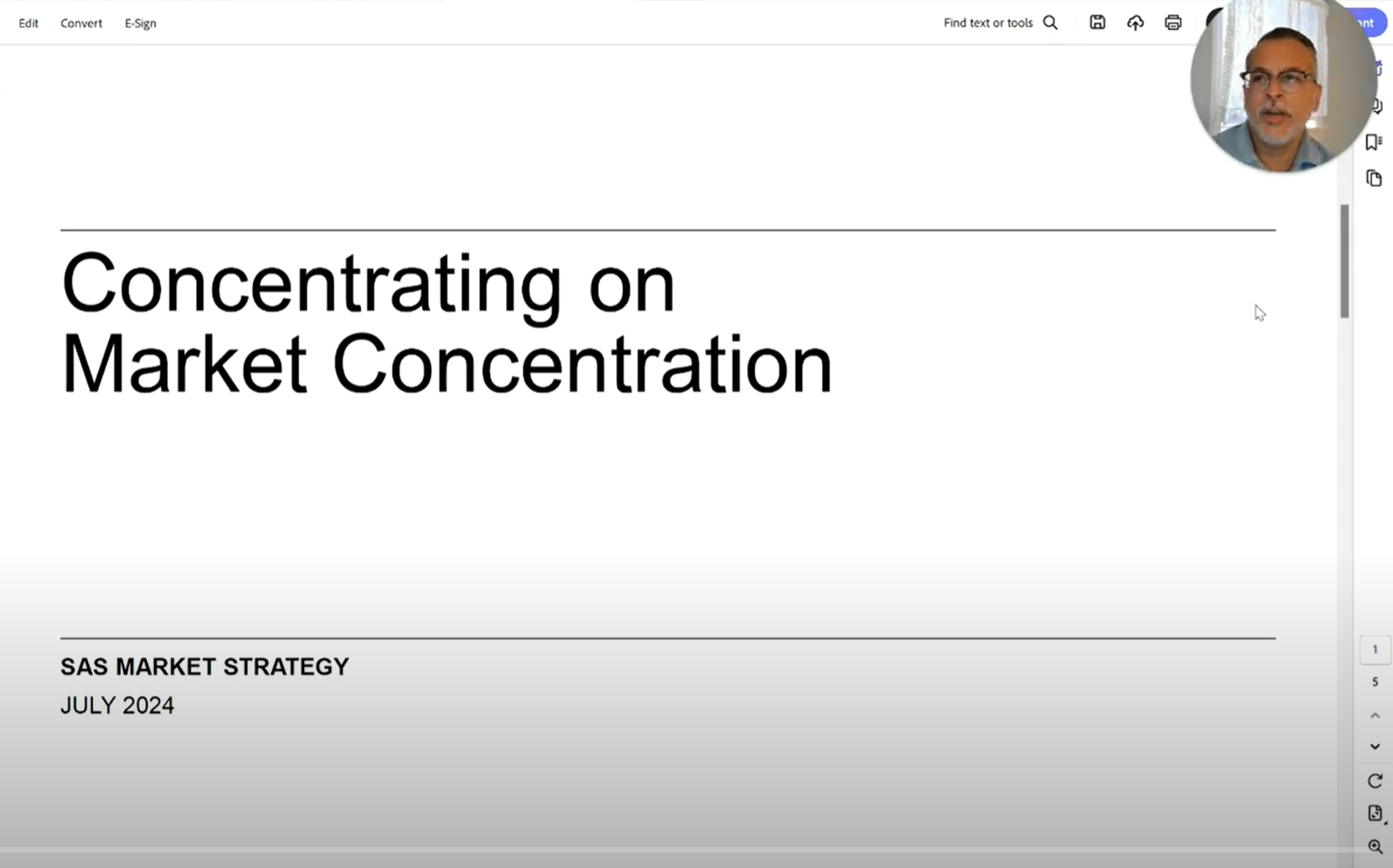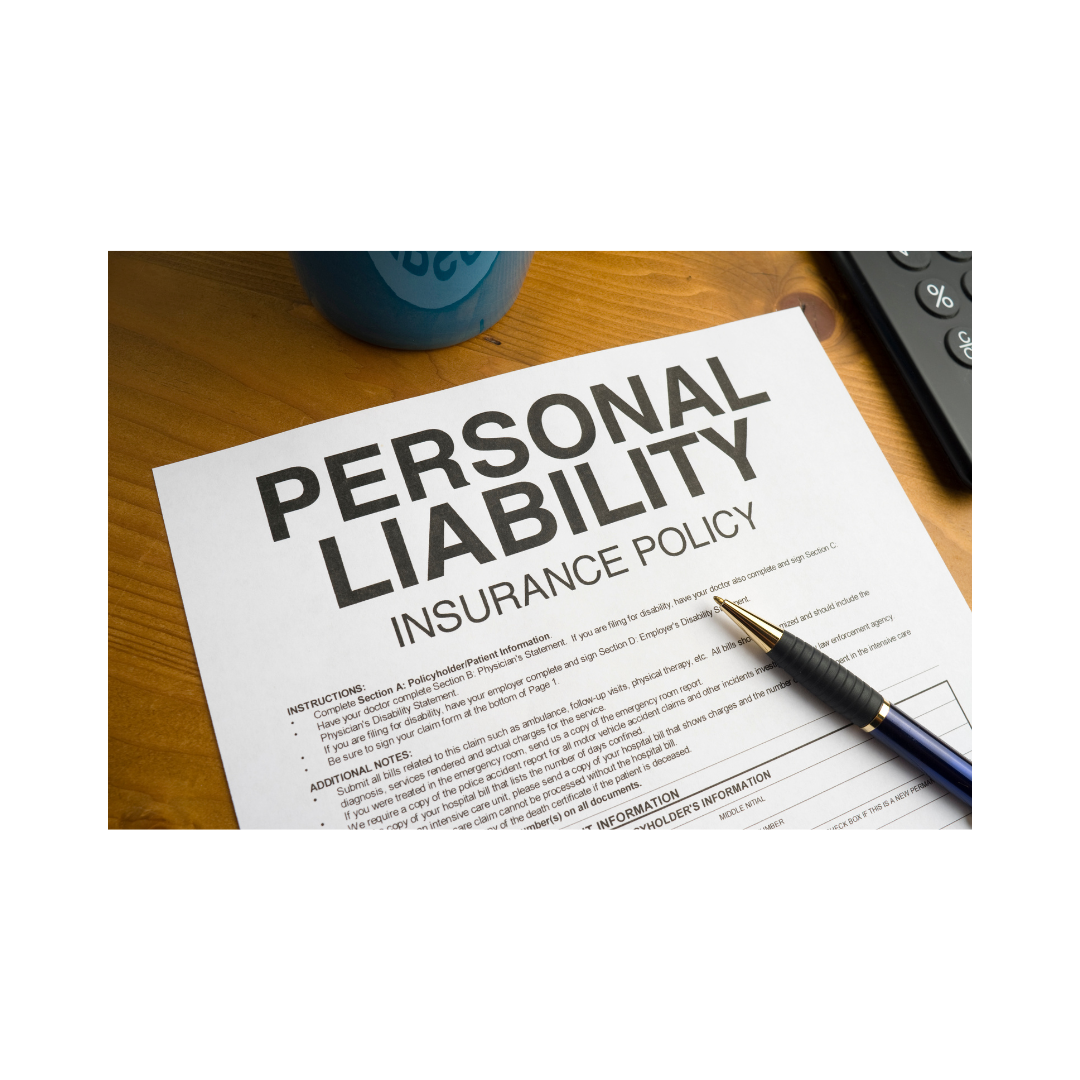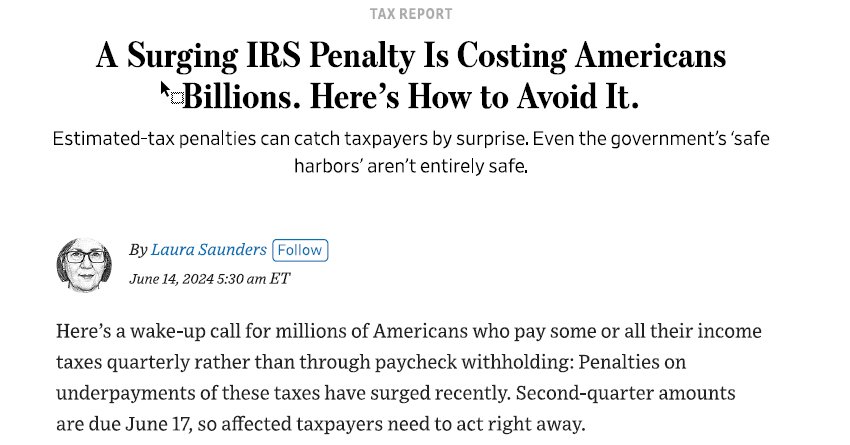We wanted to notify our clients and contacts of a national unemployment filing scam to be aware of. As if 2020 didn’t have enough challenges already, right?
Criminal enterprises with access to stolen personal information are attempting to file unemployment benefit claims. As we’ve said before the reality is, with all of the security breaches over the past few years, your data has likely been accessed at some point. The key is to be vigilant about monitoring your assets, transactions, and credit.
When there is an unemployment claim filed, the DUA sends a “Notice of Monetary Determination” to the address on record for the claimant. If you receive one of these notices, but you did not file for unemployment benefits, then there is action to take!
What to do if you receive a letter?
- Notify your SPP P-CFO so we can be aware of this issue!
- Each state has their own process/site to report instances of fraud. For fraudulent Massachusetts unemployment claims, you can report the fraud here:
https://www.mass.gov/forms/unemployment-fraud-reporting-form
If you receive a letter related to a different state, we can help identify the process and protocols for report a fraudulent claim in the applicable state.
What does this mean in the context of my personal information?
Having a fraudulent unemployment claim filed for you likely means that some of your personal information has been compromised. We would recommend taking the following steps immediately to help mitigate some of the risks this poses:
- Fraud alert – you can call one of the three credit bureaus listed below to place a fraud alert. You only have to call one of the below credit bureaus – they’re required to notify the others. The fraud alert is active for 90 days.
- Equifax – 1-888-766-0008
- Experian – 1-888-397-3742
- TransUnion – 1-800-680-7289
- Run a Credit Report – once the dust settles after a month or so, it’s worth running a credit report to confirm that there are no fraudulent filings under your name. You can file for 1 free credit report per year at each of the credit bureaus.
- Freeze your Credit – if you want to take the most conservative approach, it may be worth freezing your credit. It is now free to freeze your credit at any of the three credit bureaus – unlike the fraud alert (where you only need to place an alert with one of the credit bureaus), you need to freeze your credit at each bureau individually.
Freezing your credit will make it more difficult to perform certain actions that typically require a credit report to be pulled (i.e. – opening new accounts, applying for loans, opening credit cards, etc.).
If you’re interested in this path, please reach-out to your SPP P-CFO and we can provide instructions for putting in-place a credit freeze either online, over the phone, or via a mailed letter.
Most importantly, stay vigilant! Monitor your accounts on a weekly basis and make sure there’s nothing “out of the ordinary” happening. The faster you can reconcile a fraud issue the less destructive and cumbersome it will be!
Of course, if there’s anything we can do to help, please let us know!













